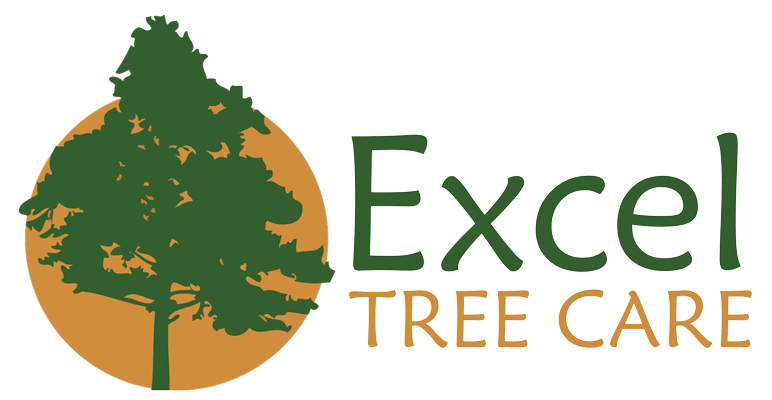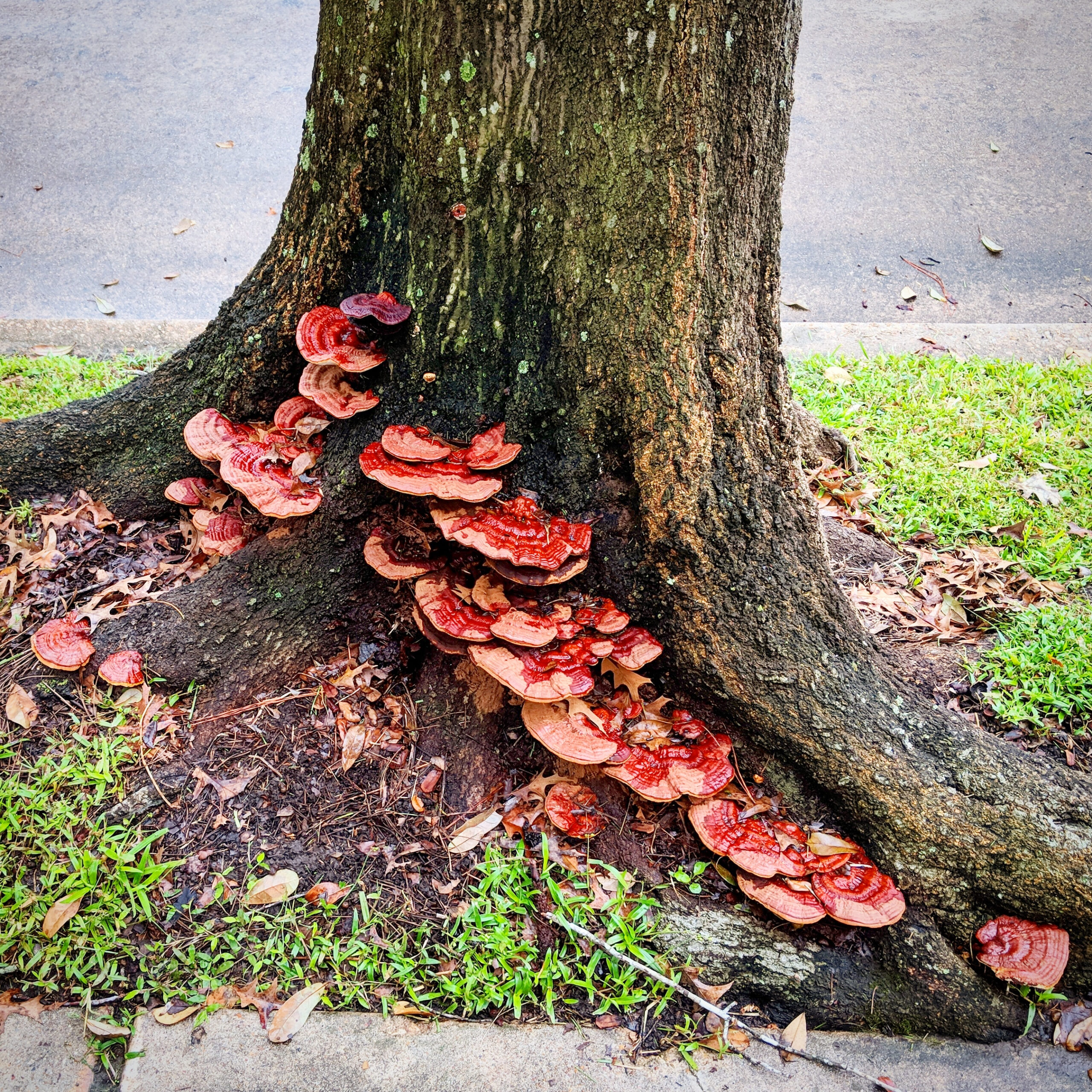Trees are not only majestic and beautiful additions to our landscape, but they also provide us with shade, oxygen, and a sense of tranquility. However, it’s important to be aware that trees can also pose risks, especially when they experience failure. Tree failure occurs when a tree or its branches unexpectedly break or collapse, which can lead to property damage or something far worse. As responsible homeowners and nature enthusiasts, it’s crucial to be vigilant and keep an eye out for signs of potential tree failure. Keep reading to explore the signs to watch out for, starting from the ground level, to help you identify potential risks and take appropriate action.
Root System Health
A tree’s root system provides it with stability and absorbs essential nutrients from the soil. Signs of root problems can indicate potential tree failure. Keep an eye out for:
Visible root decay or rot
Look for signs of decaying or rotting roots near the base of the tree. Mushy, discolored, or foul-smelling roots are indicators of a compromised root system.
Exposed or lifted roots
When roots become exposed or lifted from the soil, it weakens the tree’s stability. This can happen due to soil erosion, heavy foot traffic, or construction work around the tree.
Reduced foliage or poor growth
If a tree has fewer leaves or stunted growth compared to other trees of the same species in the vicinity, it could indicate root problems and potential tree failure.
Trunk and Bark Issues
The trunk serves as the main support structure for a tree, and any issues with it can indicate a higher risk of tree failure. Pay attention to the following signs:
Cracks or splits in the trunk
Significant cracks or splits in the trunk weaken its integrity and make the tree more susceptible to breaking or falling during strong winds or storms.
Cankers and wounds
Cankers are localized areas of dead or damaged bark, often caused by infections or physical injuries. These can weaken the tree and provide an entry point for diseases and pests.
Leaning or tilting
A tree leaning more than usual or tilting significantly from its original position could indicate root damage or poor stability. Such trees are prone to falling, especially during adverse weather conditions.
Fungal Growth and Decay
Fungal growth on trees is often an indication of internal decay or structural weakness. Keep an eye out for the following signs of fungal activity:
Mushrooms growing on the trunk or roots
These visible fungal fruiting bodies typically emerge when a tree is internally decaying. They can indicate serious structural issues.
Soft or crumbly wood
If you notice areas of wood that feel soft, spongy, or crumble easily, it could be a sign of advanced decay. Use a small tool or your fingers to test the wood’s integrity.
Signs of Stress or Decline
A tree that is stressed, diseased, or in decline is more likely to experience failure. Look for the following signs:
- Dead or dying branches: If a significant portion of the tree’s branches has no leaves or appears brittle and lifeless, it could indicate a declining tree.
- Leaf discoloration or wilting: Discolored or wilted leaves, especially when concentrated in specific sections of the tree, may signal stress, disease, or nutrient deficiencies.
- Excessive deadwood: An abundance of dead branches within the canopy is a clear indication of a tree’s declining health and increased risk of failure.
Contact Excel Tree Care Residential Tree Services in Atlanta
Being proactive in identifying signs of potential tree failure is essential for maintaining a safe environment around your property. By starting at the ground level and observing tree health, you can assess the risk and take appropriate action.
If you find any trees exhibiting tree failure and need to be removed, call the experts at Excel Tree Care. We’re available 24/7 for all of your tree care needs. We offer everything from basic tree maintenance to 24/7 emergency residential tree removal services in North Atlanta. You can reach us at (404) 964-6508 or fill out our contact form here.

